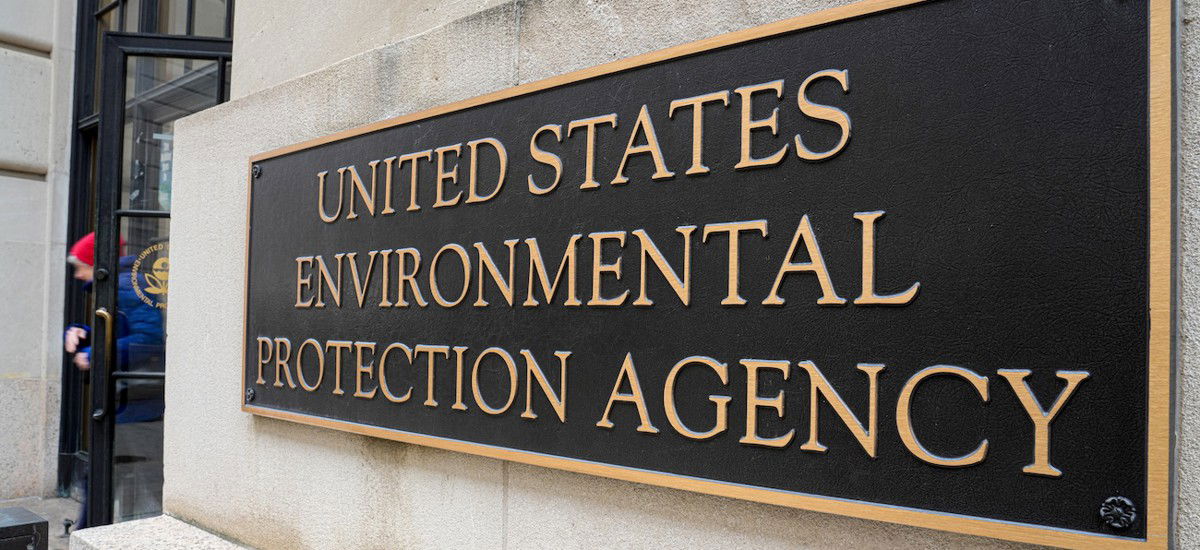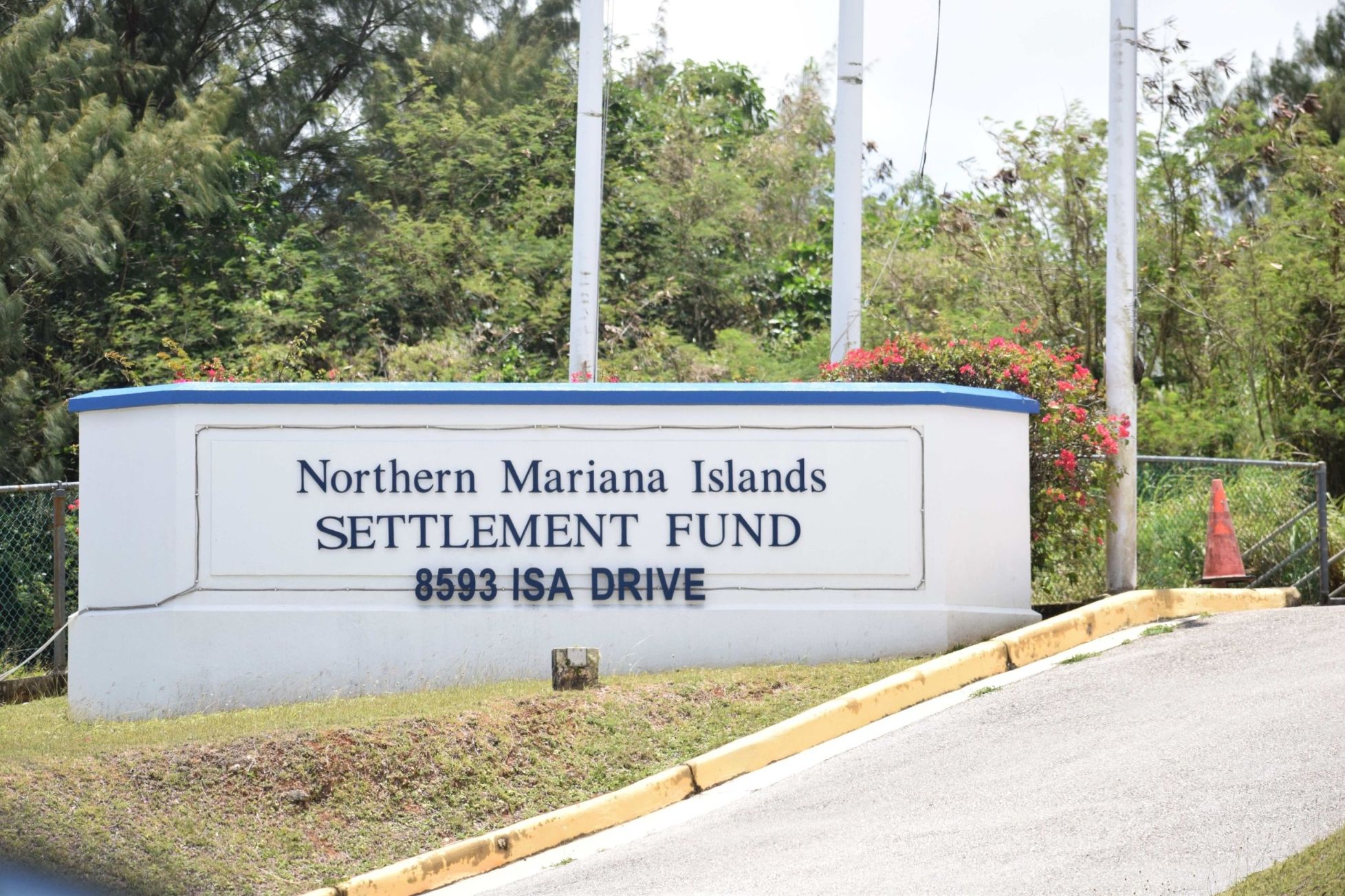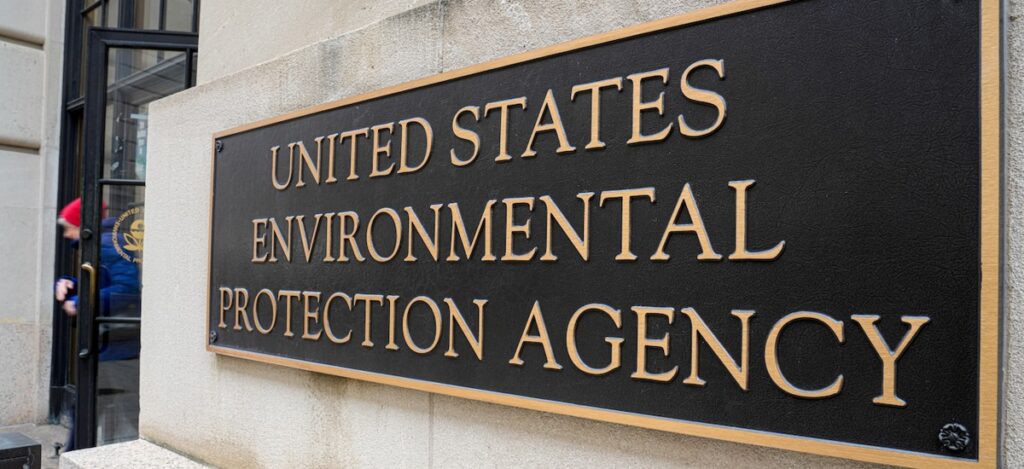
THE recent announcement of a $48.6 million federal grant to fund clean heavy-duty vehicles represents a groundbreaking achievement for the CNMI, positioning the islands at the forefront of sustainability and innovation. This grant, secured through a highly competitive process involving all 50 states, 325 Native American reservations, and five U.S. territories, highlights the power of collaboration, innovation, and strategic planning in addressing the CNMI’s environmental and public health challenges.
As the principal architect and author of the CNMI Clean Heavy-Duty Vehicles grant proposal, I take great pride in the vision, strategy, and dedication that made this success possible. Despite completing the bulk of planning, coordinating, writing, and submission of the grant within just two weeks, the foundation for this effort began in April 2024, shortly after I joined the Commonwealth Utilities Corporation as its sole grant writer.
Initially, I was tasked with writing grants solely for CUC, as emphasized by CUC’s grants administrator. However, after reviewing the Notice of Funding Opportunity, I identified the potential for a broader, collaborative approach across CNMI agencies. I brought this opportunity to the attention of CUC Executive Director Kevin Watson and Epiphanio Cabrera, the CNMI Office of Grants Management administrator, who entrusted me with the grant’s development. To support the effort, Mr. Cabrera assigned Dencio Manglona, special projects coordinator, to assist in coordinating the necessary data collection and ensuring the grant submission was completed by its July 25, 2024, deadline.
Shortly after the submission, I attended the Territorial Climate & Infrastructure Workshop or TCIW in Honolulu from July 27 to August 7, 2024. This invitation was a significant acknowledgment of my expertise, as work trips for probationary employees were essentially unheard of at CUC. I was selected by two of CUC’s lead engineers, and a memorandum was issued by the CUC executive director, reflecting their confidence in my abilities. At the workshop, I engaged with federal partners who affirmed the effectiveness of the unified and collaborative approach I employed in the grant proposal.
When I first joined CUC in April 2024, I noticed that CNMI agencies have submitted federal grants independently — a strategy that can be effective for specialized projects. However, for competitive grant opportunities that have the potential to benefit multiple agencies and serve the greater good, a collaborative and unified approach through coalitions is essential. Submitting individually often leads to fragmented efforts and missed opportunities for securing larger, more impactful funding. During my tenure at CUC, I identified the need for a centralized strategy, which I implemented by fostering partnerships and collaboration among key agencies. This strategy is based upon the Chamorro concept of “påtti,” when a group goes fishing and shares the catch with the village to benefit the greater good. This strategy ensured the CNMI submitted a cohesive, competitive proposal, ultimately securing this $48.6 million grant — a testament to the strength of this approach, which remains true to our indigenous heritage and values system.
Addressing challenges
Despite these achievements, my time at CUC was marked by challenges. Upon returning from the TCIW workshop, I filed a formal grievance after a colleague in the Grants Division falsely marked me as Absent Without Leave for July 15, 2024, despite my jury duty being canceled and my use of that day for work-related preparations. This same colleague had previously targeted my attendance, claiming to my supervisor that, “I never know where Candice is at” while I was working with engineers on grants and also claiming via email that I was “absent” from work while I was on the TCIW trip. To make matters more complicated, my immediate supervisor — CUC’s grants administrator — extended my probationary period upon my return from the TCIW trip, claiming insufficient time to observe my performance, despite having enough time to do so and no active engagement with my work.
Compounding these issues, on October 8, 2024, CUC accused me of violating procedures by working with local and federal partners during the grant development process. This accusation reflects a fundamental misunderstanding of how competitive grants of this magnitude are secured. Collaboration is essential to ensure proposals are comprehensive, technically sound, and competitive. Working with local agencies, federal stakeholders, and subject matter experts is critical for gathering accurate data, securing necessary letters of support, and developing innovative solutions. CUC’s reliance on siloed operations is incompatible with modern grant-writing practices and jeopardizes opportunities for transformative funding.
It is important to note that CUC did not provide any written protocols prohibiting collaboration, making these accusations baseless. Despite these challenges, I remained focused and successfully submitted this grant, as well as another $2.75 million opportunity for CUC’s Water Division.
Acknowledgments
This grant’s success would not have been possible without the collaboration of several key partners:
• Dencio Manglona, special projects coordinator at the Office of the Governor, for coordination, data compilation, document review, and facilitating submission on Grants.gov.
• Adrian Reyes, renewable energy engineer at CUC, for ensuring accurate calculations for renewable solar energy integration for electric vehicle charging ports.
• Commissioner Juan Pua and Deputy Commissioner Steve Mesngon of the Department of Fire and Emergency Medical Services for their support.
• Fire Chief Manny Cabrera, for providing detailed information on DFEMS’ fleet.
• COTA Director Alfreda Maratita and her staff, for supplying fleet details.
• Northern Marianas Technical Institute CEO Jodina Attao and her team, for submitting professional resumes and institutional details.
• DPW Secretary Ray Yumul and his staff, for providing information on refuse haulers.
• CUC Safety & Compliance Division staff, for verifying vehicles to be replaced.
This collaborative effort demonstrates the power of working together to achieve shared goals. The $48.6 million award reflects what can be achieved through deliberate, strategic, and cooperative efforts.
About the grant
The $48.6 million federal grant will fund the replacement of heavy-duty vehicles with clean, sustainable electric-battery vehicles, while integrating renewable solar energy for electric vehicle charging infrastructure. The initiative also includes workforce development, offering education and training through Northern Marianas Technical Institute to certify local residents as electric vehicle technicians. This project aligns with the CNMI’s Priority Climate Action Plan, available on the Environmental Protection Agency’s website:
https://www.epa.gov/system/files/documents/2024-04/cnmi-pcap_0.pdf.
For further information, please contact Candice Muna at menhalomsolutions@gmail.com or (671) 686-6971.











